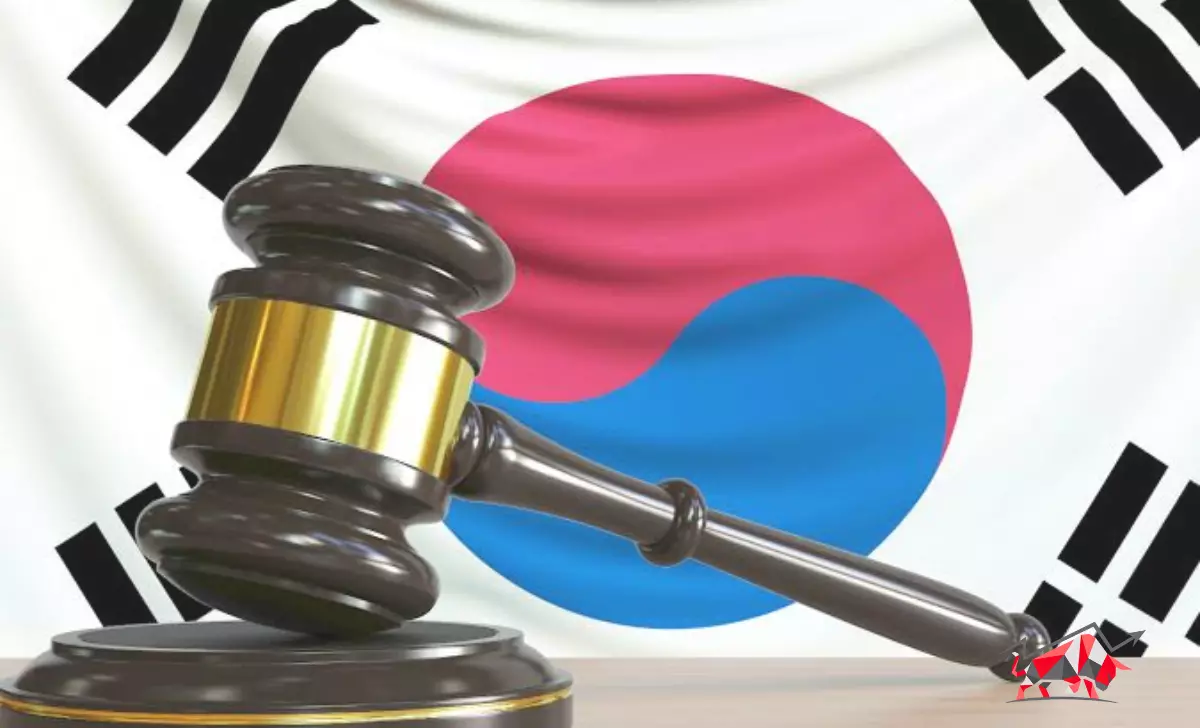In a move aimed at bolstering oversight and transparency within the cryptocurrency industry, the South Korean government has unveiled new asset disclosure rules. On July 11, the country’s Financial Services Commission (FSC) announced a bill that will mandate all cryptocurrency issuers and holders, including Bitcoin, to disclose their holdings.
The FSC carefully reviewed various proposals related to the matter and has given its approval for the exposure draft bill, which seeks to impose mandatory disclosure requirements for the crypto sector. The primary objective of these new measures is to enhance transparency in accounting practices and the disclosure of crypto assets, aligning them with existing supervision guidelines that necessitate the inclusion of every transaction involving digital currencies. Additionally, the initiative focuses on revising accounting standards to ensure the disclosure of virtual asset transactions.
According to the draft version of South Korea’s crypto accounting supervision guidelines, the FSC has outlined the types of crypto assets that should be reported. This includes fungible assets based on distributed ledger technology or other comparable technologies, as well as assets issued using cryptography. The scope of application of the guidelines extends to security tokens, which are digitized securities regulated by the Capital Markets Act.
While the new accounting supervision guidelines will take effect immediately, the revised disclosure standard will be implemented on January 1, 2024. The FSC has strongly recommended early adoption of these standards to ensure compliance within the industry.
South Korean Financial Services Commission Mandates Crypto Disclosure for Internal Employees
The South Korean Financial Services Commission (FSC) has implemented new regulations requiring internal employees to report their cryptocurrency holdings under the Specific Financial Information Act. The decision follows recent reports by local industry media, shedding light on the FSC’s efforts to promote transparency and prevent potential conflicts of interest within the crypto sector.
Under the revised regulations, the disclosure requirements extend to both current employees directly involved in crypto-related duties and those who have undertaken such responsibilities in the past six months. This move aims to enhance accountability and maintain integrity among individuals operating within the cryptocurrency ecosystem.
Notably, South Korea is no stranger to enforcing stringent cryptocurrency disclosure rules. The country’s National Assembly had previously introduced a unanimous bill mandating government officials and high-ranking public figures to declare their crypto assets. Known as the “Kim Nam-guk Prevention Law,” the initiative emerged in response to a scandal involving certain public officials who were accused of market manipulation and unauthorized movement of substantial crypto funds.
The introduction of these measures underscores the South Korean government’s commitment to combating illicit activities and ensuring fair practices within the cryptocurrency industry. By requiring internal employees to disclose their crypto holdings, the FSC aims to create an environment of increased transparency, bolstering investor confidence and safeguarding against potential conflicts of interest.


